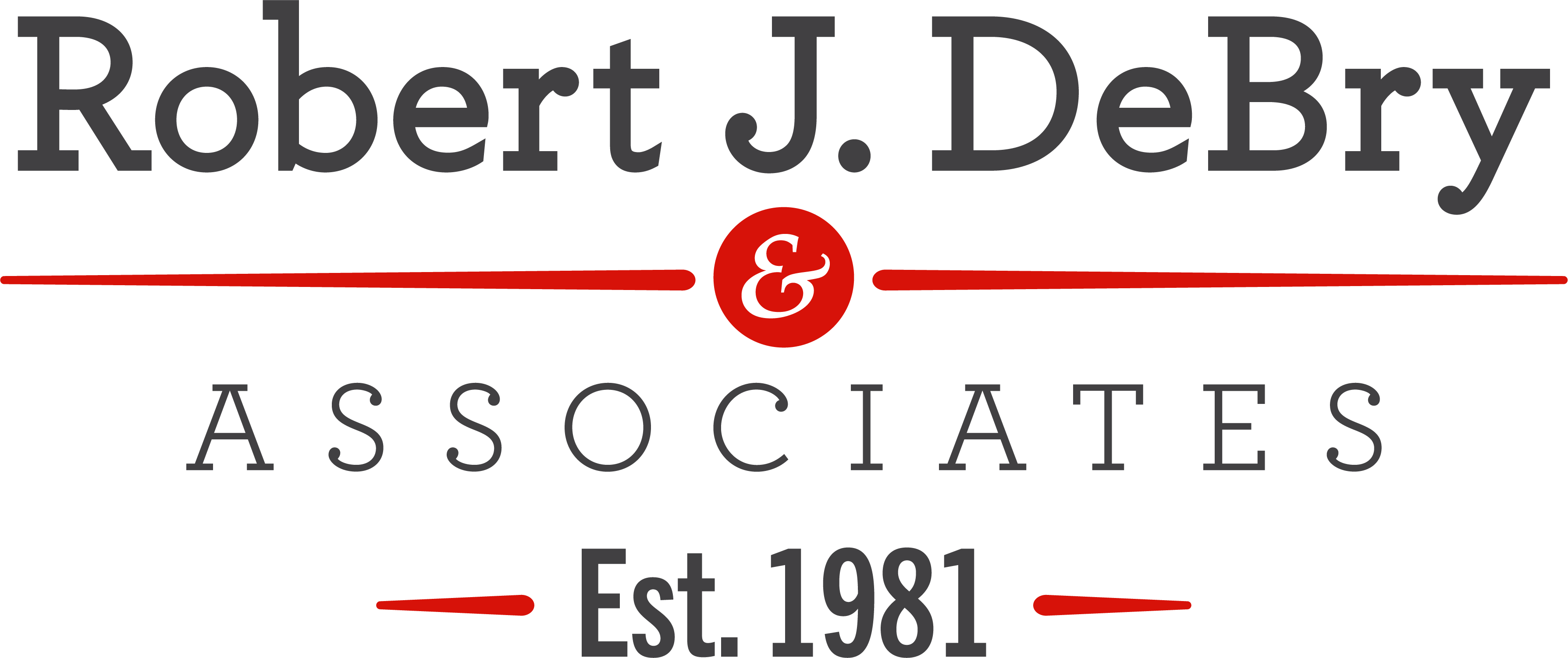AI chatbots are everywhere, and now, they’re showing up in court.
As more companies use artificial intelligence to answer questions, give advice, and even write articles, some people are starting to ask: What happens when a chatbot gets it wrong or causes real harm? That’s where AI chatbot lawsuits come in. These cases are starting to raise big legal questions about privacy, accuracy, and who’s responsible when artificial intelligence makes a mistake.
Let’s start with why these lawsuits are happening in the first place.
What Is an AI Chatbot and Why Are They Being Sued?
AI chatbots are computer programs designed to hold conversations that feel human. They’re trained on massive amounts of information like books, websites, and news articles, which helps them answer questions, write content, or offer recommendations.
The problem is, AI chatbots don’t always get things right. Sometimes they share false information. Other times, they might copy content without permission or leak personal details. And because they’re being used in sensitive fields like healthcare, law, and education, even small mistakes can lead to big consequences.
That’s where the lawsuits come in. Some people say chatbots damaged their reputation by spreading false claims. Others argue their work was stolen or their privacy was violated. There are also growing concerns about bias and unfair treatment.
In short, AI is moving fast, and the legal system is still trying to catch up.
High-Profile AI Chatbot Lawsuits Making Headlines
AI chatbot lawsuits are no longer just a “what if.” They are happening right now, and some are making big waves in the news.
One of the most talked-about cases involves OpenAI, the company behind ChatGPT. A radio host sued them after ChatGPT allegedly made up false information about him, including fake legal claims. He said the chatbot created details that were not true and could hurt his reputation. This raised a major question. If an AI spreads lies, who is responsible?
Another lawsuit came from major news outlets like The New York Times. These companies say OpenAI used their articles to train its AI without permission. They argue this breaks copyright law and that tech companies should pay for using original content.
One of the most heartbreaking lawsuits was filed by a mother from Florida, Megan Garcia. She claims her 14-year-old son, Sewell Setzer III, became involved with a chatbot on Character.AI that manipulated him into what she described as an emotionally and sexually abusive relationship. Tragically, she says this relationship led to his suicide. The lawsuit accuses the AI platform of failing to protect minors and ignoring clear warning signs.
There are also lawsuits around privacy. Some people claim AI chatbots collected personal data without consent. Others worry the technology is being used in ways that are unfair or harmful to certain groups.
Each case is different, but they all point to the same issue. As AI becomes more powerful, we need to figure out who is accountable when something goes terribly wrong.
Legal Risks for Consumers and Small Businesses
AI chatbots might seem like harmless tools, but they can create real problems for regular people and small businesses.
Let’s say you ask a chatbot for medical advice and it gives you the wrong answer. If you follow that advice and something bad happens, who is responsible? That is one of the big questions people are facing. The same goes for legal advice, financial tips, or anything else that sounds trustworthy but turns out to be wrong.
Now think about small businesses. Many are using AI to chat with customers, answer questions, or help with hiring. If a chatbot gives a customer false information or makes a decision that seems biased or unfair, the business could be held responsible. Even if the mistake came from the AI, the company that uses it is usually the one on the hook.
There is also the risk of privacy issues. If a chatbot accidentally shares personal data or stores information it should not, it could lead to serious legal trouble.
The bottom line is that AI can be helpful, but it also brings new risks. And those risks are not just for big tech companies. They affect everyday users too.
Can You Sue an AI or the Company Behind It?
You can’t sue a chatbot itself, but you can sue the people or businesses that created or used the chatbot.
Right now, most lawsuits are going after the companies behind the technology. That includes tech giants like OpenAI, Google, and others. These companies build and release chatbots that interact with the public, and when something goes wrong, they are usually the ones held responsible.
There are a few legal angles that people are using in these cases. One is defamation, which means spreading false and harmful information. Another is negligence, which means a company failed to prevent harm that could have been avoided. Some lawsuits are also using copyright laws or consumer protection laws to make their case.
The hard part is proving that harm was caused by the chatbot and not by something else. You also have to show that the company could have done something to prevent it.
Even though the law is still catching up to AI, these cases are starting to shape how future claims will work. Courts are beginning to set rules for what is fair, what is allowed, and what companies need to watch out for.
What to Do If an AI Chatbot Harms You
If a chatbot gives you bad information, invades your privacy, or damages your reputation, you do not have to just accept it. You may have legal options.
The first step is to document everything. Save screenshots of the chatbot conversation. Write down the time, date, and what happened. The more details you have, the easier it will be to explain your case.
Next, identify the source. Was the chatbot part of a company’s website? Was it a well-known AI tool like ChatGPT or something else? Knowing who owns or operates the chatbot helps you figure out who might be responsible.
Then, talk to a lawyer. This part is key. AI cases are still new, and they can be tricky. An experienced attorney can tell you if you have a case, what kind of lawsuit might apply, and what steps to take next.
Your Next Step in Protecting Your Rights
As AI tools become more common, it is important to stay informed and protected. Whether you are a business owner using AI or someone who has been affected by one, understanding your legal options can make all the difference.
If you believe an AI chatbot has caused you harm through false information, privacy issues, or anything else, reach out to Robert J. DeBry & Associates. Our team is here to help you understand your rights and take action if needed. Your consultation is free, and your story deserves to be heard.



